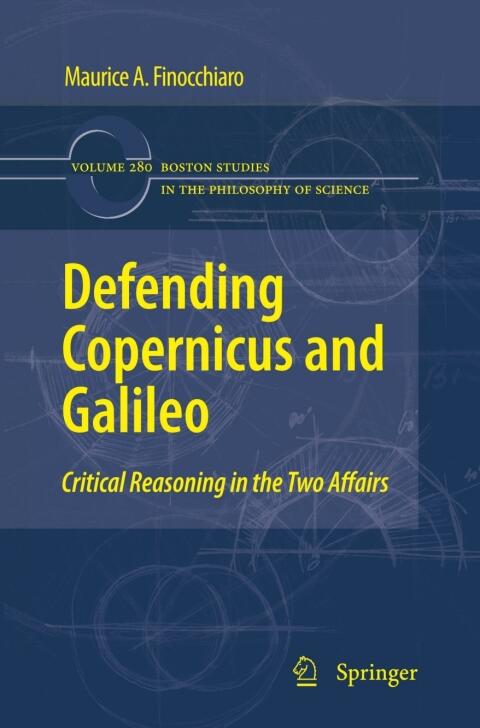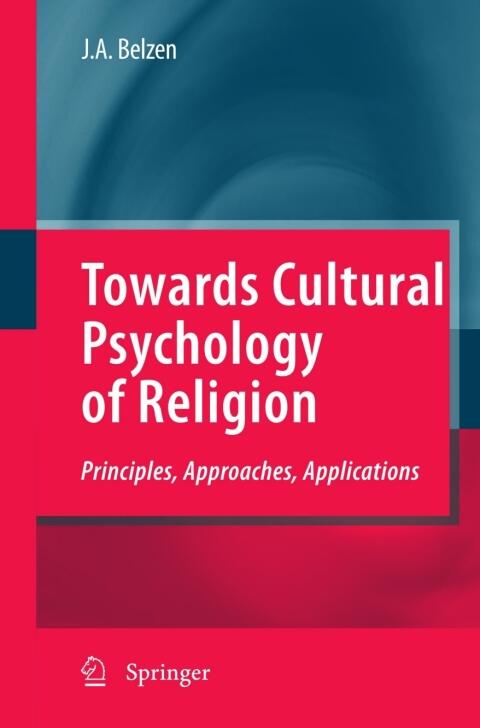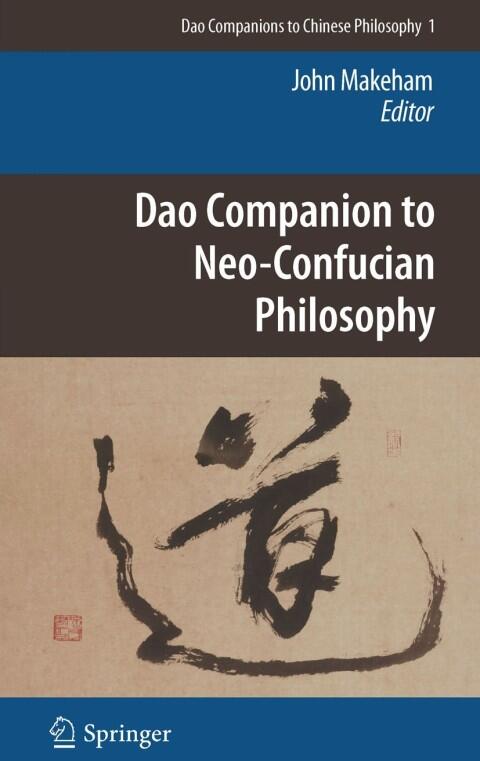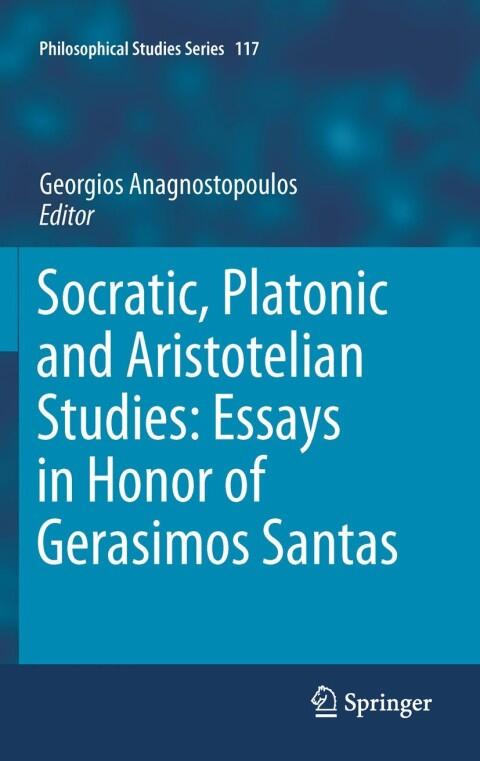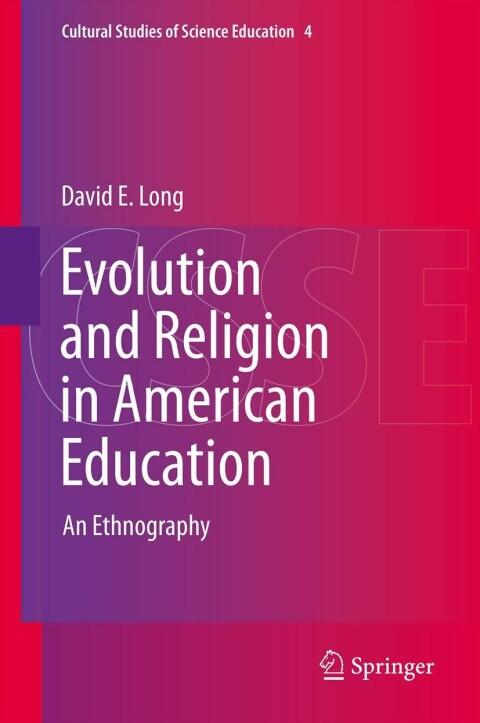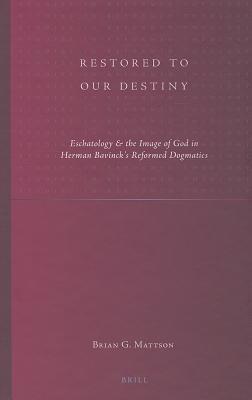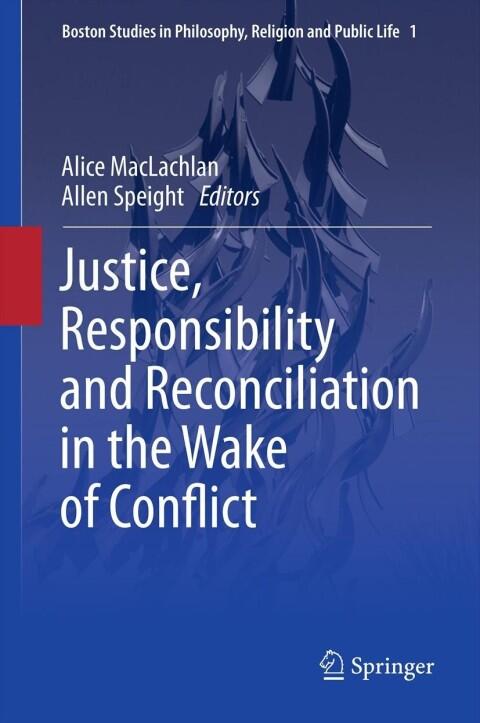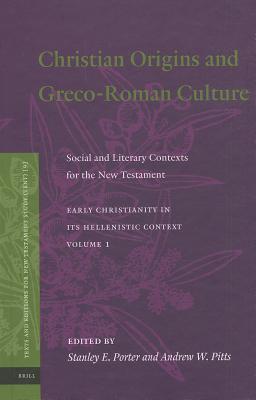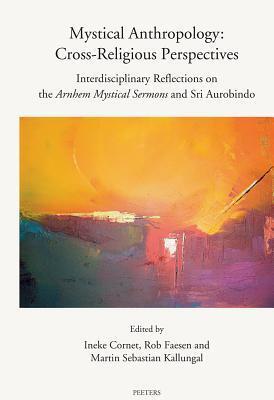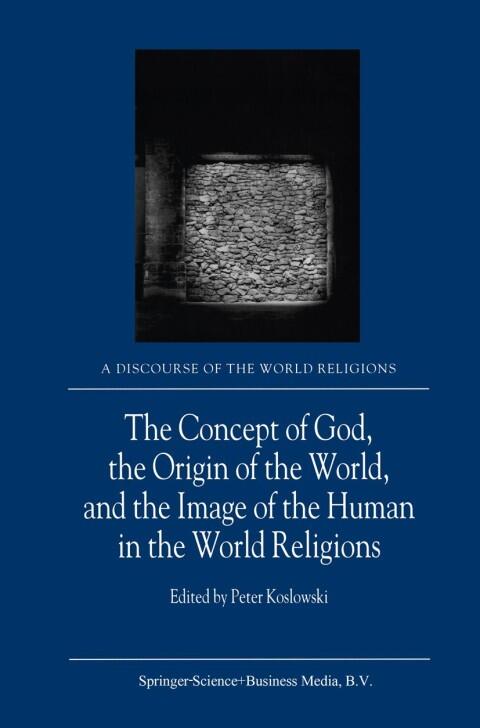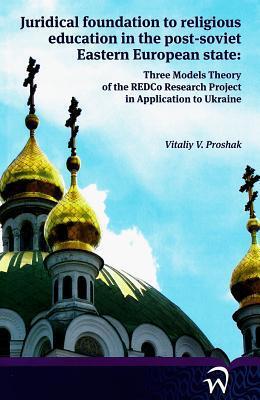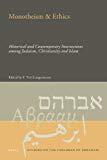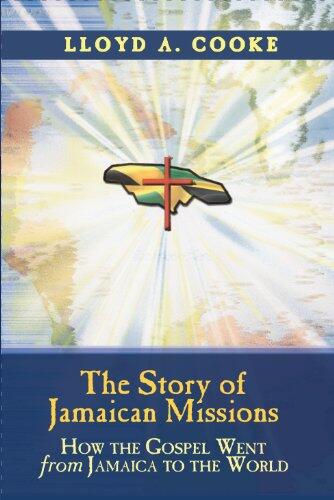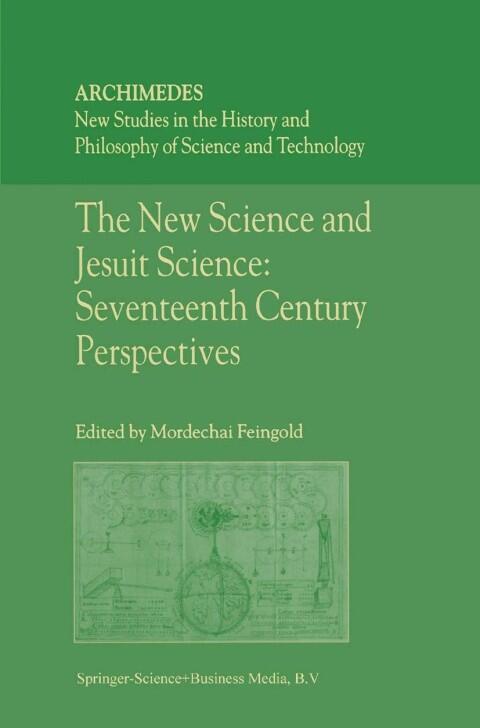
The New Science and Jesuit Science: Seventeenth Century Perspectives
por
M. Feingold
Aún sin calificaciones
Religion & Spirituality
History
Philosophy
Formato
Kindle
Páginas
286
Idioma
Neerlandés, Flamenco
Publicado
Jan 1, 2013
Editorial
Springer
Edición
2003
ISBN-10
9401703612
ISBN-13
9789401703611
Descripción
In the seventeenth century, the intersection of science and faith gave rise to a rich tapestry of intellectual development, with Jesuit scholars playing a pivotal role. This exploration delves into the various perspectives that shaped early modern science, highlighting how Jesuit education and inquiry contributed to mathematical advancements during this transformative period. Their commitment to both learning and teaching fostered an environment where scientific thought could flourish alongside religious beliefs.
The authors weave together historical narratives, examining the lives and works of prominent Jesuit scientists, their methods, and their contributions. From advancements in astronomy to innovations in mathematics, the Jesuits were influential in the first systematic approaches to scientific inquiry, blending rigorous academic discipline with the spiritual ethos of their order.
Moreover, the text reveals the tensions and harmonies between new scientific ideas and traditional beliefs, drawing a nuanced picture of the intellectual landscape of the time. Thus, the exploration invites readers to reconsider the legacy of the Jesuits, not only as educators but as formidable thinkers influencing the scientific revolution.
In this examination, the significance of collaboration, debate, and reflection among scholars emerges as fundamental to the development of new scientific paradigms, demonstrating how the Jesuit commitment to knowledge shaped the evolution of Western thought in the early modern era.
The authors weave together historical narratives, examining the lives and works of prominent Jesuit scientists, their methods, and their contributions. From advancements in astronomy to innovations in mathematics, the Jesuits were influential in the first systematic approaches to scientific inquiry, blending rigorous academic discipline with the spiritual ethos of their order.
Moreover, the text reveals the tensions and harmonies between new scientific ideas and traditional beliefs, drawing a nuanced picture of the intellectual landscape of the time. Thus, the exploration invites readers to reconsider the legacy of the Jesuits, not only as educators but as formidable thinkers influencing the scientific revolution.
In this examination, the significance of collaboration, debate, and reflection among scholars emerges as fundamental to the development of new scientific paradigms, demonstrating how the Jesuit commitment to knowledge shaped the evolution of Western thought in the early modern era.
Reseñas
No hay reseñas aún
Sé el primero en reseñar este libro y compartir tus pensamientos
Añadir Primera ReseñaRegistro de lectura
No se encontraron registros de lectura
Empieza a rastrear tu progreso de lectura para ver los registros aquí
Agrega tu primer registro de lecturaNotas
Registro de transacciones
No se encontraron registros de transacciones
Empieza a rastrear tus transacciones de libros para ver los registros aquí
Agrega tu primer registro de transacciones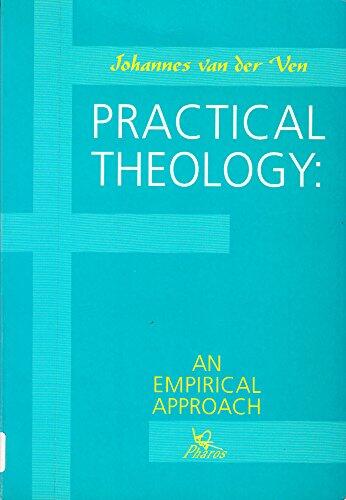
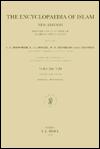
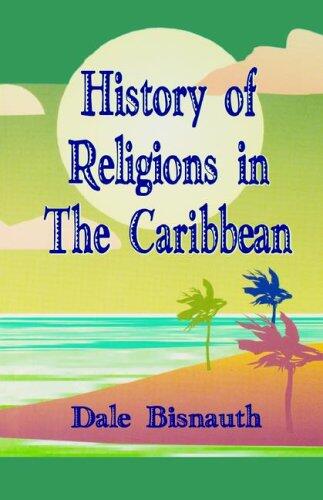
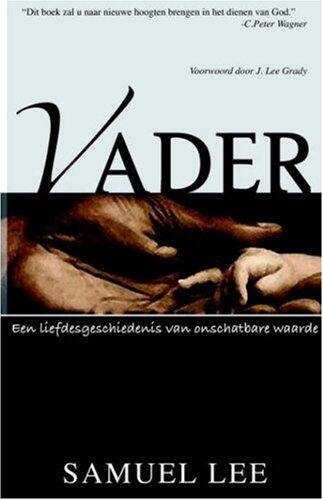
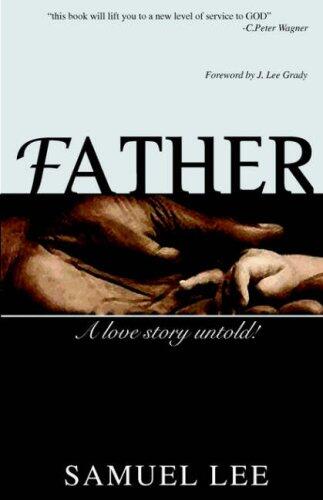
![[Ethical Principles and Economic Transformation - A Buddhist Approach (Issues in Business Ethics)] [Author: x] [May, 2011]](https://images.bookpine.com/bd815e9c-ead9-4e64-bfb5-aea659b2460b.jpg)
